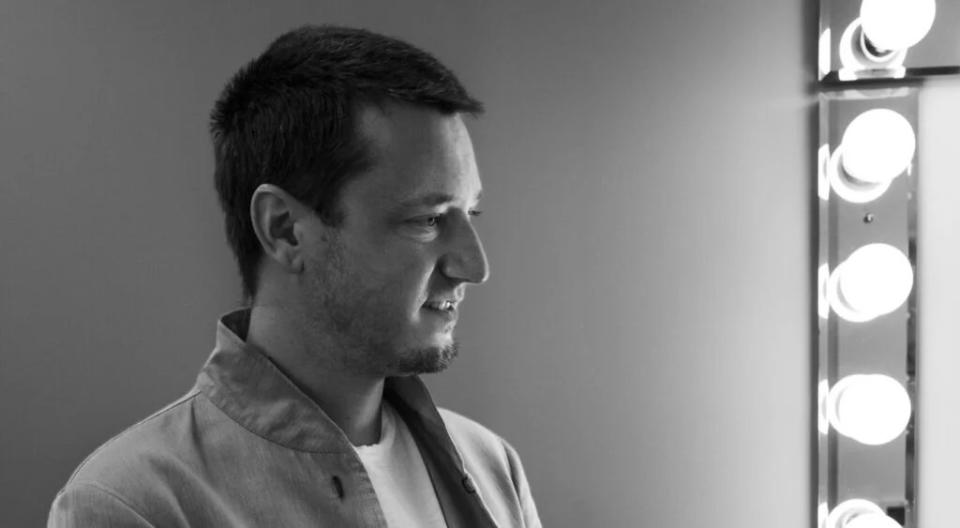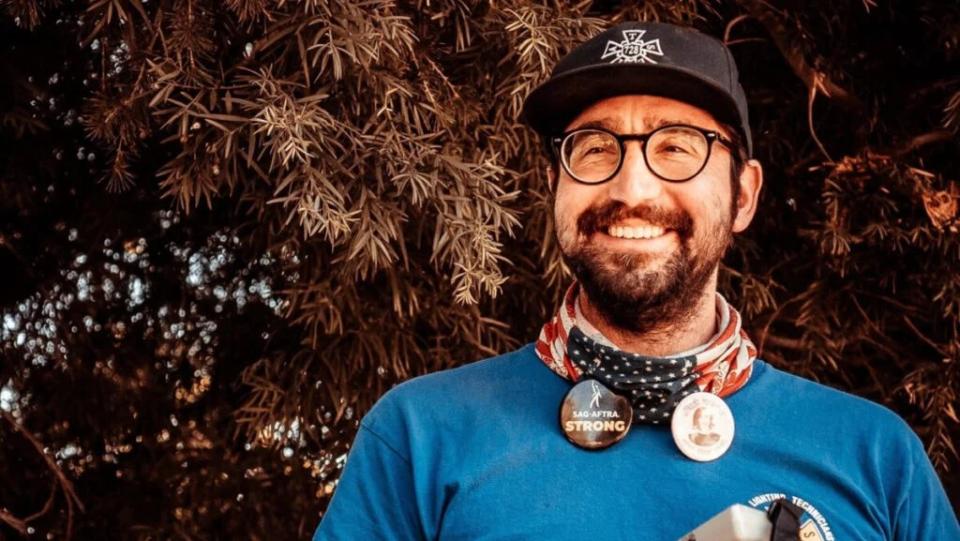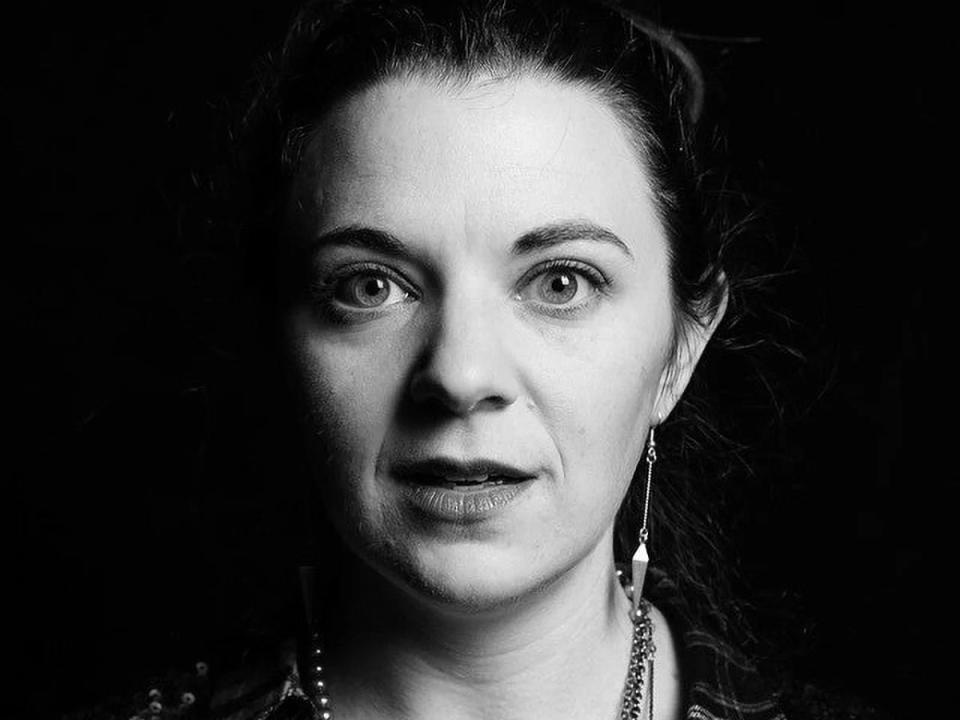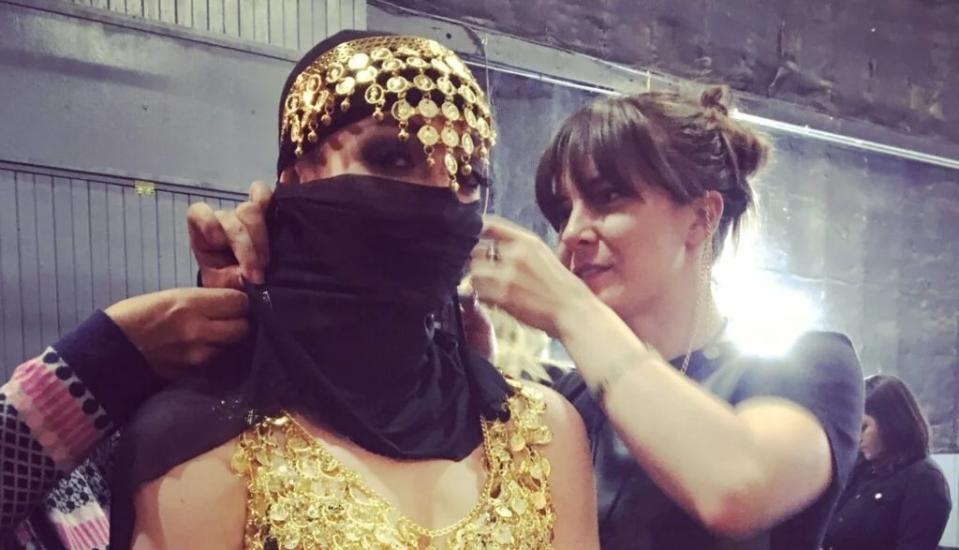Voices of IATSE: What Crew Members Are Seeking From Their Next Contract
For hundreds of thousands of working-class people in the entertainment industry, labor talks that will shape the future of their profession in a post-strike landscape are underway between IATSE and Hollywood’s studios, and there’s a lot that needs to be tackled.
Through the end of April, each of the 13 IATSE locals that operate under the Hollywood Basic Agreement are taking turns negotiating with the Alliance of Motion Picture and Television Producers (AMPTP) about issues specific to their members. So far, four of those locals have announced tentative agreements on their issues, but the negotiation process is expected to be a long one.
While unions like the Writers Guild of America and SAG-AFTRA have to consider the needs and concerns of a diverse group of members, their shared status as writers and performers weaves a common thread through the talks. IATSE covers an even wider array of jobs on Hollywood sets, from lighting technicians and costumers to cinematographers and first aid workers.
And while the 13 locals share many common goals in this contract, the top priority can vary. For some, the issue of turnarounds is the most critical. For others, it is the threat of artificial intelligence rendering their jobs obsolete or their eroding ability to keep up with the cost of living in Los Angeles.
TheWrap spoke with representatives from four IATSE locals about what their members have told them is the most important issue they need resolve in this next contract, which the union hopes to complete by the July 31 deadline. Their responses, shown below, have been edited for clarity.
Phil Collins, a 12-year grip who is chair of IATSE Local 80’s political action committee and member of its negotiating committee

While Local 80 covers several positions, including craft services and warehouse workers, I’ll speak specifically to my work as a grip. A grip has to be able to rig a one-ton motor and a 40-foot truss over an actor’s head. They have to understand stress load and engineering principles as well as the artistic principles of filmmaking. This is a craft that takes years of work to truly master, and the only way to ensure that we have enough of a workforce that this gets passed down to the next generation is if wages keep up with the cost of living so that experienced grips don’t leave the industry simply because they can’t afford to work in Los Angeles anymore.
While certain positions covered by other locals got a big boost in minimums, our members only saw the standard 3% rate increase, and that’s not keeping up with costs of gas, food and rent. We’ve heard stories of people starting a side business that they can or already have transitioned to because working in entertainment is no longer feasible, especially after losing so much of their savings during the strike. A grip that I knew for nearly a decade texted me that he made a résumé for the first time in 10 years because he was getting out of showbiz.
And it’s not just wages. The whole union has been fighting for better turnarounds for many contract cycles now. The studios just don’t want to budge because that means more shooting days and higher budgets, but I don’t know one person that hasn’t dozed off behind the wheel at least once after a 16-hour shoot day. The most dangerous thing we do as crew members is driving home from work.
Dan Vetanovetz, lighting technician specializing in on-set fixtures and a member of the IATSE Local 728 Negotiating Committee

When we surveyed our members, one of the biggest issues was the pension and health plan. IATSE members are required to work 400 hours within a six-month period to maintain their qualification for the health plan. But the strike has resulted in thousands of members getting thrown off that health plan. Even before the strike began in May, the number of active productions was dropping in early 2023 because studios were anticipating a strike, and between that and the slow return of productions since the strike ended, there are many members that haven’t had work in over a year.
There’s also much less money in the pension fund than there should be, because the studios only contribute to the MPI (Motion Picture Industry Health and Pension Plan) when we’re working. Between the COVID shutdown and the strikes, IATSE has estimated that the MPI has lost around $1.1 billion in studio contributions. (IATSE, Teamsters 399 and the Basic Crafts are waiting for the AMPTP to respond to their initial proposal to changes to the MPI.)
The rate of contributions is likely going to be a big part of talks around the MPI when they resume, but another thing our members really want is a larger bank of hours. If you work more than 400 hours and reach the mark to stay qualified, you can bank hours towards the next qualifying period. But the maximum that bank can reach is 400 hours. With so much uncertainty going around with employment, having a higher bank would allow members to better ensure that they can keep their health insurance when there’s a dry spell.
Amy Hartman, script coordinator and vice president of IATSE Local 871

Thanks to the last contract, the minimum rates for writers assistants and script coordinators jumped from $16/hour to $23.50/hour. We are incredibly grateful to the rest of IATSE for holding the line with us on that. It allowed many members some financial breathing room and to no longer have to live on food stamps and on their credit cards.
At the same time, inflation and rising living costs have negated even those gains. Also, many writer assistants and script coordinators have seen less work for all the reasons that the WGA went on strike: shorter episode orders, minirooms that take away the number of weeks we work and fewer writers hired.
While we are pleased that the WGA were able to get so much of what they wanted in their contract like minimum staffing and span protections, it is not a guarantee that we will get the same thing. We are looking for a wage increase that brings our members’ positions in line with those of similar positions in other departments like assistant editors. Script supervisors, in many respects, are a department of one but get paid far less than other department heads despite the vital role they play in making sure there aren’t continuity errors and that things don’t get lost in translation from script to shooting.
Brianna Murphy, assistant costume designer for “Stranger Things 4” and member of IATSE 892’s negotiating committee

A major issue for our members is to get an increase in pay that’s similar to what production designers earn. As costume designers, our work not only adds to the value of a film’s story but can add backend revenue that it earns for a studio. Think of all the Halloween costumes of Darth Vader or of superheroes that get sold. That begins with a costume designer’s vision.
And like everyone else in IATSE, AI is heavily on our members’ minds. I personally have been contacted by a producer for a job where they gave me a picture of an AI generated costume design and basically told me, “We want you to make that.” That just made me wonder why they wanted to hire me if they didn’t value the ideas I had for their project. AI may create something that looks like a cool costume, but it has no idea whether it fits the character, what sort of material the design would involve, or whether it could actually be made within the film’s budget.
Costume designers get hired to help execute a director’s vision, but we are also hired to provide our own ideas. Artificial intelligence just completely divorces costuming from all the design choices that are made during the process, from fabrics to how distressed they should look to how practical it is for the actor to wear it and perform what is required of them in a scene. Maybe some producers want to use AI so they don’t have to pay us as much or keep us hired as long, but the quality of the costumes is going to go down if you just hand us an image a computer made and say, “This is what we want. Make it.”
The post Voices of IATSE: What Crew Members Are Seeking From Their Next Contract appeared first on TheWrap.


